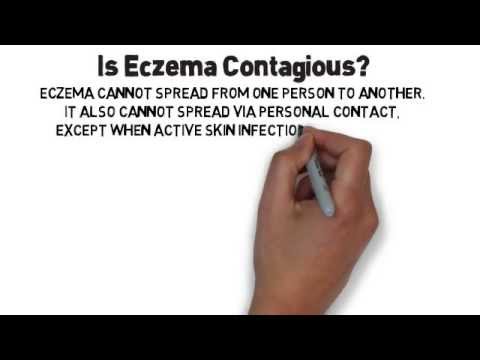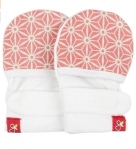Here’s something I found off National Eczema Association regarding some tips on treatment for Eczema;
Treatment
Learning more about eczema will help you understand it. You will learn about eczema treatment for you or your child’s symptoms and flares. It is important to remember that many people have eczema. Right now, as many as 30 million American may have it. There is no need to be embarrassed by your eczema – you are not alone.
WHAT DO PEOPLE USE TO TREAT THEIR ECZEMA?
People try many treatments for eczema to relieve the itch. They use over-the-counter remedies they can get in a drugstore. They use prescription medications they get from their doctors. They even try an alternative eczema treatment, such as herbs. Still, one study found that many people are not satisfied with the effectiveness of their medications. They often say their medications:
- Do not work
- Are messy to use
- Are too expensive
- Cause side effects
FIRST STEPS TO TREATING ECZEMA
If you have eczema, it is important to take good care of your skin. Take warm (not hot!) baths on a regular basis and immediately applying moisturizers afterward will help keep your skin moist. You’ll find more information about this in the bathing and moisturizing section. In order for prescription medications to be most effective, a proper bathing and moisturizing regimen is required.
ECZEMA PREVENTION CHECK LIST:
- Moisturize every day.
- Wear cotton or soft fabrics. Avoid rough, scratchy fibers and tight clothing.
- Take lukewarm baths and showers, using mild soap or non-soap cleanser
- Gently pat your skin dry with a soft towel – do not rub.
- Apply a moisturizer within 3 minutes after bathing to “lock in” moisture.
- When possible, avoid rapid changes of temperature and activities that make you sweat.
- Learn your eczema triggers and avoid them.
- Use a humidifier in dry or cold weather.
- Keep your fingernails short to help keep scratching from breaking the skin.
- Some people with allergies find it helps to remove carpets from their house, and give pets dander treatments.
However many Eczema sufferers will agree that All those smelly creams and remedies worked – but only for a while… Then the Eczema came back even worse with a vengeance!
In the next post, I’ll share on how a natural remedy that I chanced upon on the Internet helped cure my Eczema completely and permanently!
Stay tuned! Help is near!



